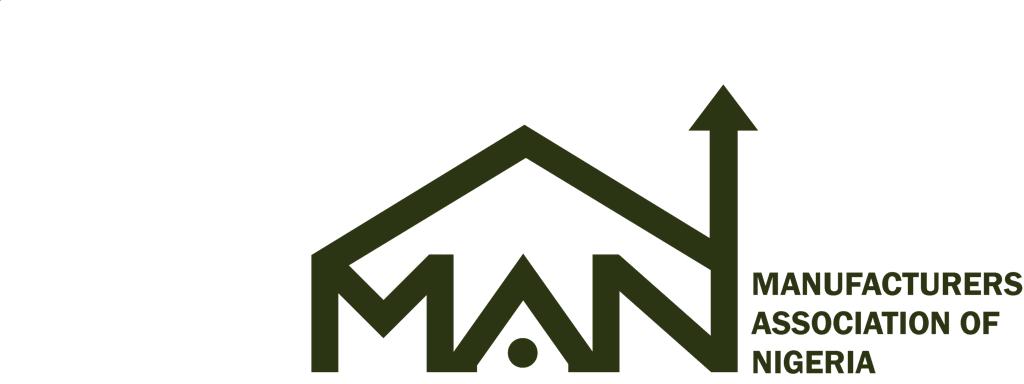The recent 150 basis points hike in the Central Bank of Nigeria’s (CBN) Monetary Policy Rate (MPR) to 26.25% will exacerbate the already high cost of doing business in Nigeria, according to Mr. Segun Ajayi Kadir, Director-General of the Manufacturers Association of Nigeria (MAN).
Speaking at a press conference in Lagos on Thursday, Ajayi-Kadir expressed concern that tightening monetary policy and increasing loan costs would escalate production expenses, limit fund accessibility, and dampen investment and competitiveness in the manufacturing sector. He criticized the Monetary Policy Committee’s (MPC) recent decisions, suggesting they prioritize the financial sector over the real sector rather than seeking a balanced approach.
Ajayi-Kadir highlighted the adverse effects of this monetary stance, predicting constraints on investment, expansion, and manufacturers’ adoption of innovative technologies. He warned that increased borrowing costs and reduced liquidity would impede manufacturers’ ability to pursue planned initiatives, ultimately hampering the sector’s growth potential and contribution to overall economic progress.
Moreover, Ajayi-Kadir cautioned that the MPC’s decision would worsen Nigeria’s business environment, diminishing the competitiveness of local products in the global market. He emphasized that the high lending rate exceeding 30% would inflate borrowing costs, making Nigerian goods less competitive against products from other nations.
Acknowledging the MPC’s efforts to tackle economic challenges like inflation and exchange rate fluctuations, Ajayi-Kadir urged collaboration with fiscal authorities to strengthen the manufacturing sector’s role in generating employment, productivity, foreign exchange earnings, and broader economic development.
Highlighting the lack of positive outcomes from consistent MPR increases over the past two years, Ajayi-Kadir urged the CBN to explore alternative measures to address inflation’s underlying causes, particularly focusing on cost-push factors.
The MPC’s decision to raise the benchmark interest rate by 150 basis points comes amidst continued efforts by the CBN to stabilize the exchange rate and moderate inflation, which stood at 33.69% as of April 2024.











